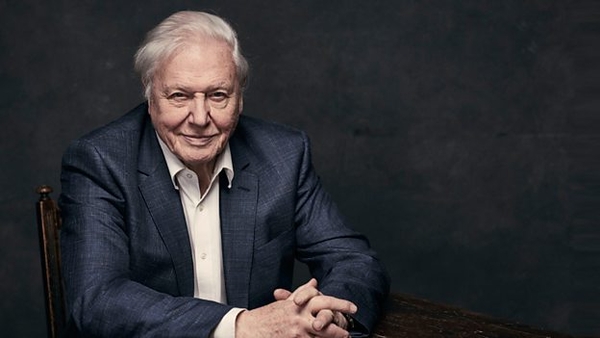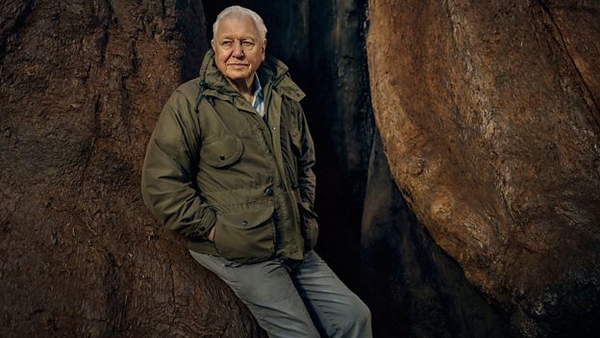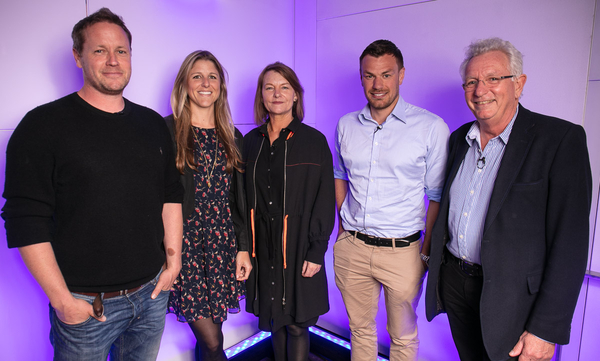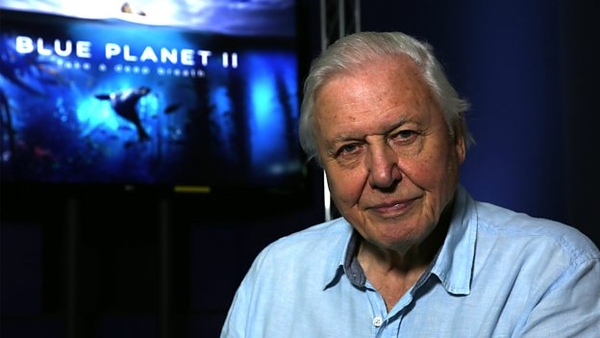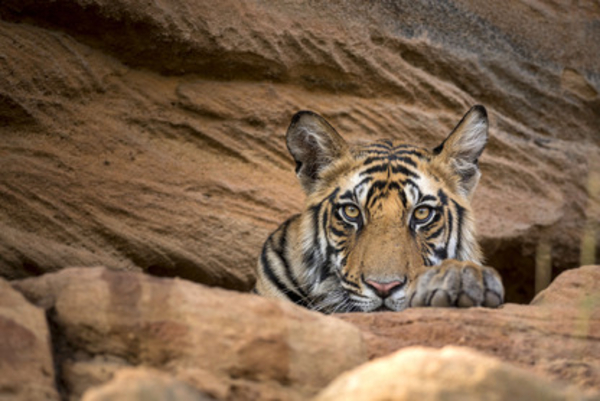Sir David Attenborough fronts new natural history series
The five-part series will explore the perfect conditions that planet Earth provides for life to flourish.
A Perfect Planet will explore how the forces of nature, such as weather, ocean currents, solar energy and volcanoes, drive and support the diverse range of life on every corner of the Earth.
David Attenborough said: "Oceans, sunlight, weather and volcanoes - together these powerful yet fragile forces allow life to flourish in astonishing diversity. They make Earth truly unique - a perfect planet.

